A fresh selection of educational reports were issued this week. When we issue next week’s policy update the election results will be out. The campaign has already got a bit over-heated, with leaks from both main parties, edited videos, dodgy data and everyone trying to avoid making the ultimate error in today’s world – the soundbite in which you admit that the interviewer may have a point. It is becoming increasingly hard to listen to interviews in which people read out their prepared lines and then repeat them over and over again. And it will probably get worse next week. So we’re going election light in this update.
If you are interested in comparing manifesto pledges, the BBC have an interactive tool here. And here is our own comparison of the major parties’ take on the key HE issues.
An English atlas of inequality
The Nuffield Foundation have published a new English Atlas of Inequality (created by University of Sheffield) challenging the current one-metric approach to disadvantage in distinguishing between ‘rich’ and ‘poor’ areas.
- In late 2019, as the nation continues to experience political uncertainty and the machinations of the Brexit process roll on, it seems there is little room in the policy arena for taking action on persistent poverty, deprivation or the level of inequality in England. In fact, it seems like there is little room to even discuss the topic. However, as hard as it may be to envision a return to ‘normal’ politics, it is surely the case that at some point in the future attention will once again turn to the question of inequality, and the growing consensus that something needs to be done about it. Indeed, only two years ago it was one of the few topics where there was an element of consensus across the political spectrum…in their 2017 party political manifestos, all the major parties in England highlighted inequality as a policy challenge that needed to be tackled.
The research uses three separate measures of inequality and compares the results of each measure in ‘travel to work areas’ to outcomes for the population in mortality, poverty and entry to higher education; to understand how alternative approaches to understanding inequality can produce very different results. The measures used consider income distribution, a measure of economic imbalance within areas, and geographic clustering of different income groups. The report also stresses the risk of relying on one metric to understand an issue so they compared all three measures across the geographical classifications of local authority districts, parliamentary constituencies, and the ‘travel to work’ areas.
Professor Rae (author, Sheffield) said:
- “Our atlas highlights the fact that no one measure of inequality paints the full picture and that methodological diversity is needed before we start to think of solutions to inequality at a local, sub-national and national level. This is a reminder that a policy focus on inequality ought also to be linked to a focus on poverty alleviation and equality of opportunity, but also that how we understand inequality is inextricably linked to how we measure it in the first place.”
An example given in the report is that
- if inequality alone was seen as a policy problem worth tackling, and the Gini coefficient [income distribution] was the only way we measured it, one could conclude that some of England’s most deprived seaside towns should not be the focal point. We believe such a conclusion would be incorrect.
Alex Beer, Programme Head at the Nuffield Foundation, said:
- “This English Atlas of Inequality advances our knowledge of how inequalities are distributed at the local level. The Atlas highlights the importance of taking a multi-faceted approach to the study of inequality and to policy making for a more inclusive society.”
The report makes four recommendations:
- Take into account the fact that many of the poorest local economies in the country are also the most equal. Methods which increase equality alone are not enough.
- Increase the policy focus on the links between geographic dislocation, deprivation and inequality. It is important to consider wider questions of regional and sub-national connectivity and links to the drivers of inequality. There are important connections to be made between transport policy and welfare policy and as such an inter-departmental approach to tackling geographic dislocation is likely to be necessary.
- Thorough review of evidence considering whether the ‘majority of deprived individuals and families [do] not live in the most deprived areas’ (Smith et al., 2001; Barnes and Lucas, 1975). Rather than viewing this issue as an arcane methodological question finding a definitive answer should be a policy priority. When it comes to tackling persistent poverty through policy intervention, it may be right to focus on the most deprived locations if they contain the highest proportions of poor households and residents, yet doing this in isolation may lead to reduced effectiveness if poorer residents living elsewhere are overlooked. This is a fairly obvious point but it is a gap in the academic and policy literature – there is no definitive answer on the proportion of ‘poor people’ who do or don’t live in ‘poor areas’.
- Any approaches which seek to understand the true nature of inequalities should incorporate an explicit measure of spatial disparity: it’s clear from our analysis in this Atlas that the story of inequality in England is an inherently spatial one and as such we believe it should also be measured as one, in addition to [income] The authors say this point is threaded through the literature on urban and regional inequalities (e.g. Beatty and Fothergill, 1996; Bell et al., 2018), which often highlights quite striking spatial imbalances at the regional level.
On local areas Dorchester and Weymouth are rated 11th in the country as least unequal. Portsmouth and Southsea are among the most unequal. (Remember areas can be poor but still equal.) You can also delve into all the map detail for different areas here (e.g. by constituency, by travel to work area, and by local authority areas).
- “Too often the debate takes place in silos, focusing on just one type of inequality, a specific alleged cause or a specific proposed solution. We need to step back and ask: how are different kinds of inequality related and which matter most? What are the underlying forces that come together to create them? And crucially, what is the right mix of policies to tackle inequalities?”
(Joyce, R. and Xu, X. (2019) Inequalities in the twenty-first century, Introducing the IFS Deaton Review, Institute for Fiscal Studies and the Nuffield Foundation, London.)
Academic Mismatch
UCL and the Nuffield Foundation have launched ‘Mismatch in Higher Education’ . Mismatch is a term that’s become very popular in widening participation and governmental circles recently, particularly after the Behavioural Insights Team considered how they could use nudge theory to tackle academic mismatch. A ‘mismatch’ is when a student selects or attends a course/institution which is less or more selective (competitive) than their academic achievement might suggest they could attain.
In the Nuffield investigation a course was benchmarked by using the median A-level (and equivalent) exam results of the students studying on the course as well as the average earnings of previous graduates of the course. The report finds that there is significant under- and over-match in the UK. They also confirm the widely held belief that there are substantial socio-economic status (SES) and gender gaps in mismatch, with low SES students and women attending lower quality courses than their attainment might otherwise warrant. Past universities ministers Sam Gyimah, Chris Skidmore and (briefly) Jo Johnson all picked up the theme of ensuring the most capable students from disadvantaged backgrounds aspired to and were able to access the most selective institutions. Under matching by disadvantaged students and females has ramifications for social mobility and the gender pay gap.
Key Points:
- Up to 1 in 4 students from lower socio-economic backgrounds take courses at ‘less prestigious’ universities despite having the grades for ‘more selective’ institutions.
- 15% of students were over-matched and 15% were under-matched using the course quality measure and 23% over-matched and 23% under-matched based on earnings.
- The school attended accounted for much of the ‘mismatch’ among lower socio-economic students, most likely due to influential factors such as peers, school resources and what information, advice and guidance (IAG) is offered.
- Disadvantaged students were more likely to attend universities close to home, but those who do so are worse matched than richer students who attend universities close to home.
- High attaining disadvantaged students going to universities near home were more likely to attend a post-1992 institution, whereas high attaining advantaged students staying near home were more likely to attend a Russell Group university.
- Interestingly the report suggests 50% of US students are mismatched and that students from ethnic minority backgrounds are likely to undermatch, however, this is not replicated in the UK context.
The data points have been taken from a report by Dods Political Consultants because at the time of writing the full report findings have not been released to the public outside of those attending the launch event for us to verify their accuracy.
Cheryl Lloyd, Programme Head at the Nuffield Foundation, says:
- “This research highlights that students from different backgrounds but with similar abilities are making very different choices when it comes to the university courses they decide to study. To overcome the significant socio-economic and gender inequalities students face when choosing university courses, it is clear that they need equal access to the information, advice and support they require to make informed choices about their future.”
Co-author, Professor Lindsey Macmillan (UCL Institute of Education) explains:
- “While women enrol in courses that are as academically prestigious as men, they are more likely to attend courses which command lower average earnings. This is, in large part, driven by the different subjects studied by men and women at university. These findings have important implications for the gender pay gap.”
The student take on data security
HEPI have published students or data subjects? What students think about university data security.
The research stems from the volume of data HEIs collect on students both for regulatory purposes or to gather information about student experience. The authors suggest the volume of data collected will increase further as the Government’s focus on measuring universities’ performance through metrics and the internal analysis of data increases. Key Points:
- 32% of students surveyed agree they are aware of how their institution handles their personal data, 45% who disagree, 22% undecided.
- Students surveyed do not feel they have been provided with clear information on how their personal data are used. 31% feel their institution has clearly explained how their personal data are used and stored, compared to 46% who disagree (24% who neither agree nor disagree).
- When asked whether students are concerned about rumours of universities facing data security issues, 69% of students said they are concerned. Around one-fifth of students (19%) are unconcerned and 12% are unsure.
- 65% of students said a poor security reputation would have made them less likely to apply, compared to around a third (31%) who said it would have made no difference and 4% who said it would have made them more likely to apply.
- Under half of students feel their university will keep their data safe: only 45% of students feel confident that their institution will keep their personal data secure and private, while 22% are not confident. A third (33%) are unsure.
- 64% of students say that when sharing personal information online, they check to see if the source is trustworthy and secure. 17% don’t check.
- Students were split in their knowledge of data privacy and ethics news and 36% keep current on ethical developments whilst 37% don’t.
- 93% of students feel they should have the right to view any personal information their university stores about them, 2% disagree. 86% also felt they should have the right to delete any personal data the institution holds about them.
- Students do not want their health information shared widely. 83% of students expect their medical information to be kept private to their institution and themselves. 5% say they would expect for it to be shared with commercial and business services, 10% for it to be shared with government services and 2% for the information to be shared more widely.
- When asked about information provided to student support and welfare services, 78% say they expect the information to be kept private between them and their institution.
- A quarter of students (26%) said they are comfortable with their HEI reviewing their social media posts, if it allows them to better identify and target struggling students with wellbeing support services. 57% were opposed to this and 17% neither agreed nor disagreed.
- On sharing health or wellbeing information with a student’s parents/guardians 48% were happy for institutions to do this; 33% disagreed, 19% were undecided. However, on contacting parents/guardians over academic performance issues only 35% of students were happy for this to take place, 48% were opposed and 17% undecided.
Rachel Hewitt, HEPI’s Director of Policy and Advocacy, said:
- ‘Students are required to provide large amounts of data to their universities, including personal and sensitive information. It is critical that universities are open with students about how this information will be used.
- Under a third of students feel their university has clearly explained how their data will be used and shared and under half feel confident that their data will be kept secure and private. Universities should take action to ensure students can have confidence in the security of their data.’
Michael Natzler, HEPI’s Policy Officer, said:
- ‘Students are generally willing for their data to be used anonymously to improve the experience of other students, for example on learning and mental wellbeing. Around half are even happy for information about their health or mental wellbeing to be shared with parents or guardians.
- However, when it comes to identifiable information about them as individuals, students are clear they want this data to be kept confidential between them and their institutions. It is important that universities keep students’ data private where possible and are clear with students when information must be shared more widely.’
On learning analytics the majority of students were happy for their anonymised data on accessing university buildings, online platform usage, library books checked out to be aggregated into patterns and used as insights for other students, lecturers, to forecast if future students will drop out and to predict their own performance from the similarity of behaviours from past students (including possibility of drop out).
HEPI concluded:
- A clear majority of students are happy for the university to use their own and other students’ data to enhance the learning and mental wellbeing of students at university. However, students do not want personal data and data related to learning to be shared outside the student-university relationship.
- Students expect and demand privacy around their data, while being aware of the positive outcomes responsible usage can bring. Understanding of how student data are used is lower than it ought to be, which universities should work to address, but the message about how students want their data used is clear and must be listened to.
PISA results
The DfE have published the PISA (programme for International Student Assessment) 2018 reports coving the four areas of the UK. Once every three years the PISA measures 15-year-old school pupils’ abilities in reading, mathematics and science through ‘their competence to address real-life challenges’. PISA is administered by OECD (Organisation for Economic Co-operation and Development). It is a snapshot assessment checking how countries are performing relative to each other,
- In PISA 2018, mean scores in England were significantly above the OECD averages in all 3 subjects. The mean scores in reading and science in England have not changed significantly over successive PISA cycles, but in mathematics, England’s overall mean score showed a statistically significant increase compared with PISA 2015.
- England’s mean score for reading was similar to scores for Scotland and Northern Ireland, and all 3 had scores significantly higher than Wales. In both science and mathematics, the mean scores for England were significantly higher than the scores for Wales, Scotland and Northern Ireland, which were not significantly different from each other
- Closing the gap – the top performers in reading were south-east Asian countries China, Singapore, Macao, China and Hong Kong with Estonia, Canada and Finland also scoring highly. In PISA 2018 there were 9 countries where the mean reading score was statistically significantly higher than that in England, compared to 12 countries in PISA 2015.
- In common with all other participating countries, girls in England outperformed boys in reading. However, the gender gap in England was significantly smaller than the average gap across the OECD.
- In England, the gap between high and low achievers in science was significantly larger than the OECD average, with a larger proportion of pupils in England performing at the highest proficiency levels.
- There was no statistically significant gap between performance of boys and girls in science in England, which was also the case in PISA 2015. This differs from the OECD average where there was a small but statistically significant gender gap in favour of girls.
- England’s mean score in mathematics was significantly higher than in PISA 2015, which is the first time performance has improved after a stable picture in all previous cycles of PISA. The size of the gap between scores of the highest and lowest achievers in England was similar to the OECD average.
- Boys in England significantly outperformed girls in mathematics, as was also the case for the OECD average. The gap between boys and girls in England was similar to that in PISA 2015.
TES covered the release in PISA results must be a relief for the government (but there are still many challenges that we must address). This includes the England’s higher scores for pupil dissatisfaction and poorer wellbeing. Also that many pupils said they only read if they have to, not for enjoyment which the article says is of concern, given the importance of reading – for future learning, stimulating creativity and imagination (sought after by employers).
Inquiries and Consultations
Click here to view the updated inquiries and consultation tracker. Email us on policy@bournemouth.ac.uk if you’d like to contribute to any of the current consultations. There are not any new consultations or inquiries this week because we are still in the purdah period.
Other news
Transnational Education: The Government have released statistics costing the revenue generated through transnational education (THE) and other education related exports. The HE highlights:
- HEIs contributed £14.4 billion (67%) of the total value of £21.4 billion. This is +7% growth between 2010 to 2017. The revenue from other stages of education such as FE and Schools is smaller at £0.3 billion and £1.0 billion.
- The share of English Language Training (ELT) and FE (non-EU students) have both fallen – the ELT share dropping from 14% to 7% and FE dropping from 6% to 1%.
New Welsh Tertiary System: The Welsh Children, Young People and Education Committee have published their final report scrutinising the HE (Wales) Act 2015. This report aims to showcase evidence to learn the lessons of the 2015 Act, which is considered unsuccessful and set to be repealed. The report also sets the scene to influence the preparation of the forthcoming Tertiary Education Bill. The new bill will establish a new Tertiary Education and Research Commission for Wales, which will oversee the entire post-16 education system. Lynne Neagle AM, Committee Chair, said:
- We heard quite considerable criticism of the HE Act, mainly focusing on its failure to create a complete system of HE regulation, its unsatisfactory addressing of student interests, and it not providing an effective means to align providers behind national priorities. These issues are of such consequence, and are so much a part of the fabric of the 2015 Act, that we agree with the Minister’s intention to repeal Because it is to be repealed, the recommendations we make in this report in relation to it are what we think are realistically possible before any new tertiary education and research Commission is established.
GCSE changes: The Sutton Trust has released the report Making the Grade analysing the impact of GCSE reforms on the attainment gap between disadvantaged pupils and their peers. Read the executive summary for a main synopsis in general the gaps between disadvantaged pupils and their more advantaged peers have not changed significantly (except for triple science), partly due to the conscious maintenance of grade boundaries and the comparable outcomes approach. Of concern is that less disadvantaged students are achieving the highest marks and grades – potentially impacting on future social mobility as less disadvantaged students achieve the top grades needed to apply to the most selective institutions and impacting on their graduate wage due to the focus top employers place on recruiting from the selective institutions.
Kevin Courtney, Joint General Secretary of the National Education Union, commented on the report:
- “It is absolutely not surprising that the attainment gap between disadvantaged pupils and others has widened as a result of the Government’s GCSE reforms. These reforms were unplanned, had no meaningful consultation with teachers and no proper lead-in time. The exams now cover an unmanageable amount of content for many students, and unlike in real life the students have to sit them once-and-for-all at the end of the course.
- Both these issues are causing real problems… whilst under the previous system 2% of disadvantaged pupils achieved the top grade (of A*), it is now just 1% that achieve a grade 9. The Sutton Trust is right to say that this may have negative impacts on these students when they are applying for university places.
- A survey of National Education Union members found that 73% thought that pupil mental health was worse due to the new GCSE reforms and 64% said the reformed courses did not reflect students’ abilities as accurately.
- We need to see a system in place that plays to all pupils’ strengths to ensure they get the qualifications they deserve.”
Subscribe!
To subscribe to the weekly policy update simply email policy@bournemouth.ac.uk
JANE FORSTER | SARAH CARTER
Policy Advisor Policy & Public Affairs Officer
Follow: @PolicyBU on Twitter | policy@bournemouth.ac.uk
 ESRC are pleased to confirm that from 1 January 2020 they will be revising the eligibility criteria for this scheme to remove the four-year time bound criterion. This change is in recognition of the increasing diversity of career paths and trajectories and ESRC’s ambition to be as inclusive and supportive of these as possible.
ESRC are pleased to confirm that from 1 January 2020 they will be revising the eligibility criteria for this scheme to remove the four-year time bound criterion. This change is in recognition of the increasing diversity of career paths and trajectories and ESRC’s ambition to be as inclusive and supportive of these as possible. Prostate Cancer Research Centre, who recently announced a
Prostate Cancer Research Centre, who recently announced a 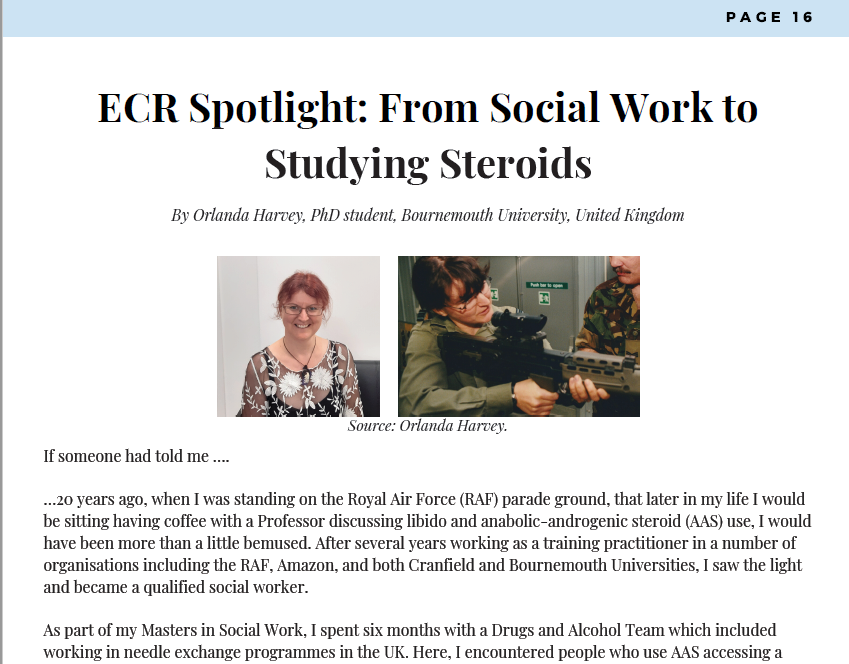
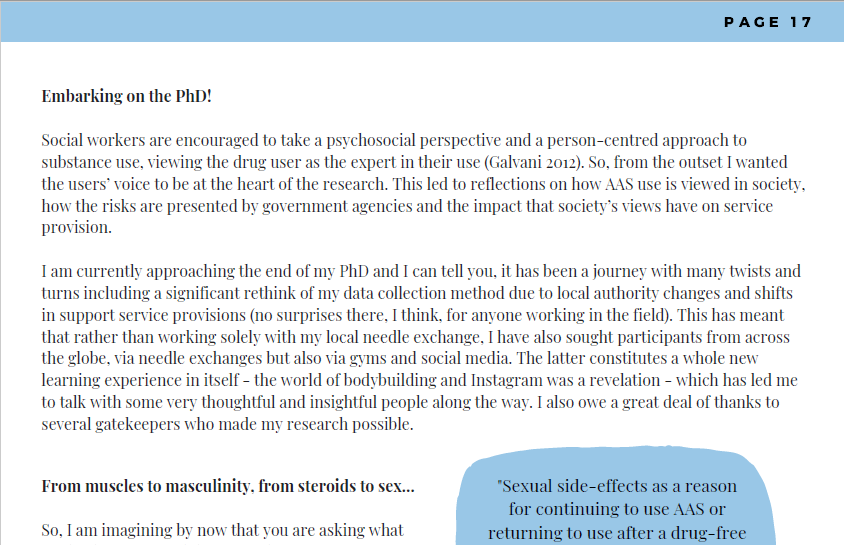
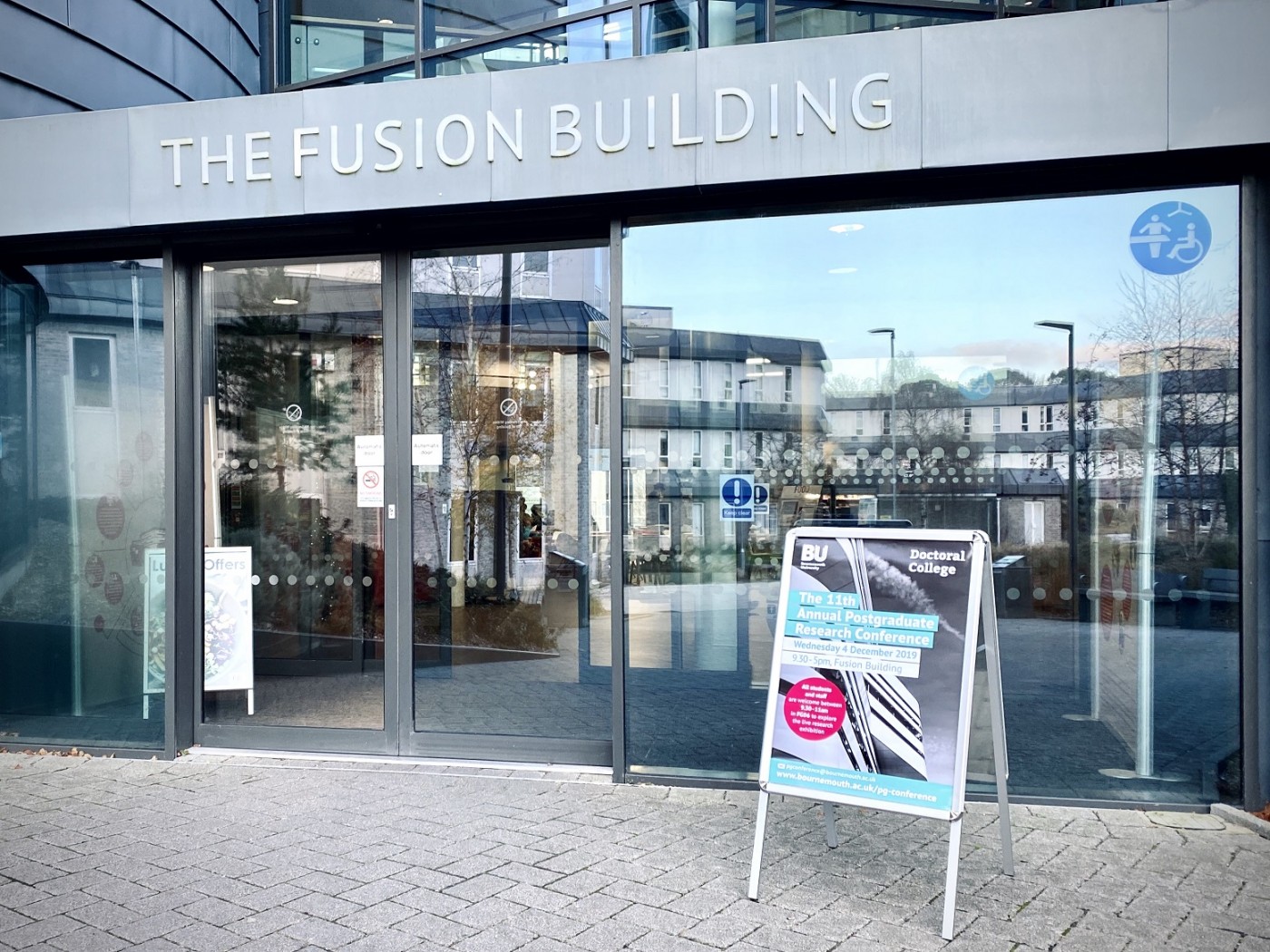
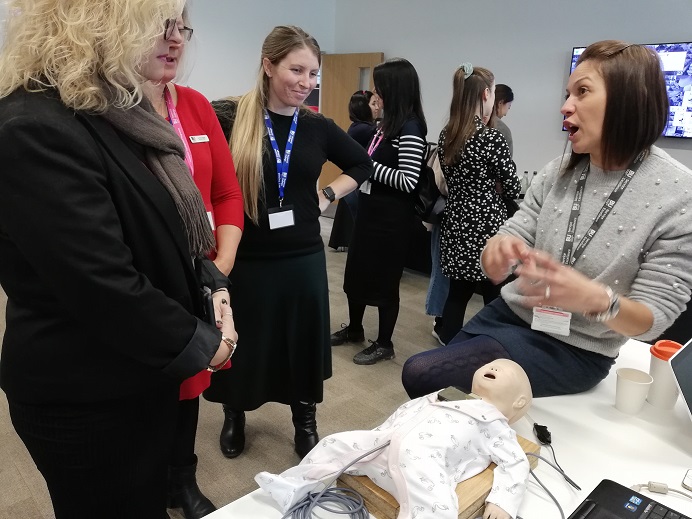
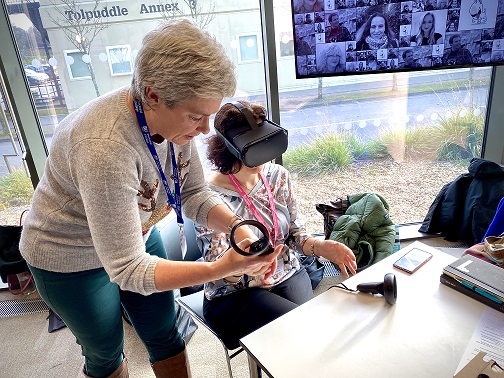


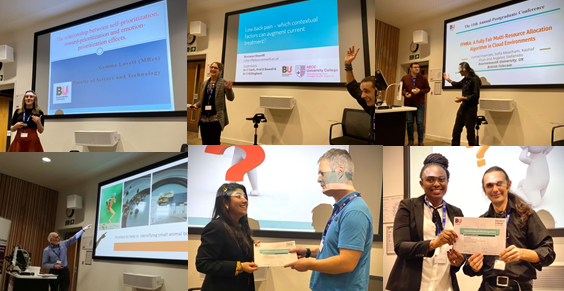
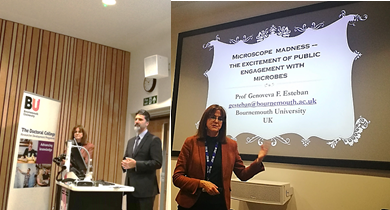

 UKRI is very pleased to announce a
UKRI is very pleased to announce a 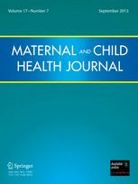

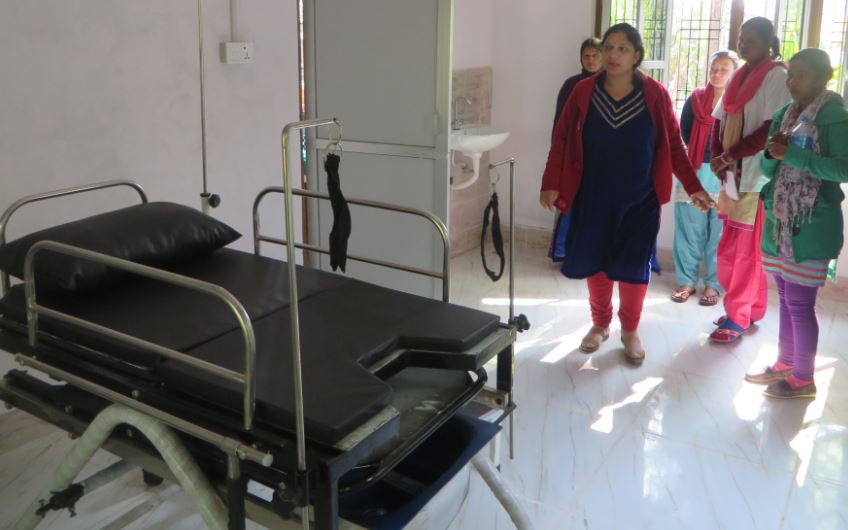

 As we go about our daily lives our hair is recording evidence of what we consume and of the environments we are exposed to. It can record how much you drink, whether you smoke or take drugs, or live in an environment where drug abuse is prevalent. Hair testing for drugs and alcohol provides evidence to the police, assists with family law issues, and is utilised in workplace testing and a variety of other settings. The interpretation of analytical data from hair testing is challenging however, and research is continuing to improve the validity of the process.
As we go about our daily lives our hair is recording evidence of what we consume and of the environments we are exposed to. It can record how much you drink, whether you smoke or take drugs, or live in an environment where drug abuse is prevalent. Hair testing for drugs and alcohol provides evidence to the police, assists with family law issues, and is utilised in workplace testing and a variety of other settings. The interpretation of analytical data from hair testing is challenging however, and research is continuing to improve the validity of the process.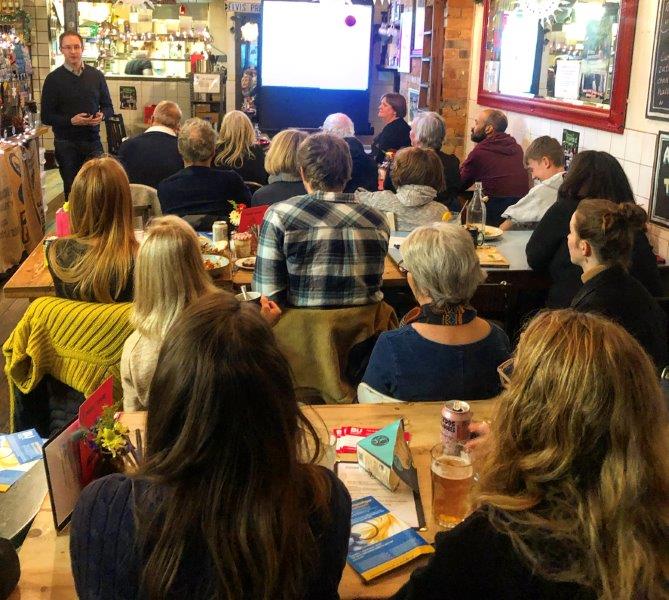

 Dr Richard Paul reflects on his experience of speaking at Café Scientifique: ‘Presenting my research at Café Scientifique was an excellent opportunity to engage the public in debate around the applications and validity of hair testing. The audience was lively and focused, and we had a lot of excellent, thought provoking questions.’
Dr Richard Paul reflects on his experience of speaking at Café Scientifique: ‘Presenting my research at Café Scientifique was an excellent opportunity to engage the public in debate around the applications and validity of hair testing. The audience was lively and focused, and we had a lot of excellent, thought provoking questions.’


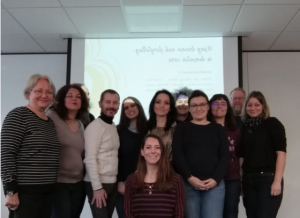


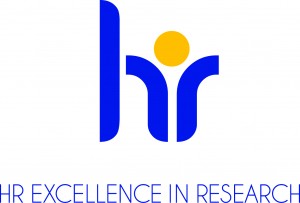











 TANGERINE project has lift off with BPC Indian Community!
TANGERINE project has lift off with BPC Indian Community! Postgraduate Research Experience Survey (PRES) 2024 – Closing today
Postgraduate Research Experience Survey (PRES) 2024 – Closing today THE INNOVATION COMMON ROOM: Going Old School
THE INNOVATION COMMON ROOM: Going Old School Apply for up to £1,000 to deliver an event and take part in a national festival of public engagement with research
Apply for up to £1,000 to deliver an event and take part in a national festival of public engagement with research MSCA Postdoctoral Fellowships 2024
MSCA Postdoctoral Fellowships 2024 Horizon Europe News – December 2023
Horizon Europe News – December 2023